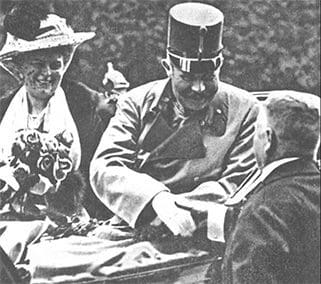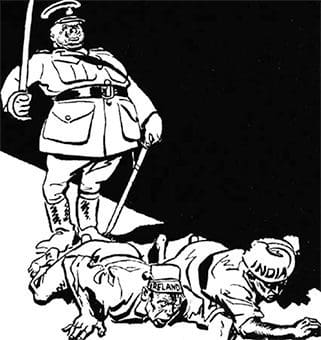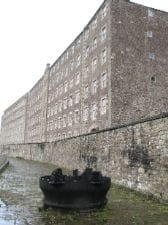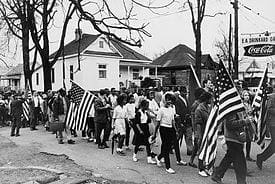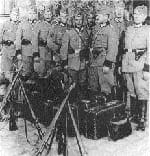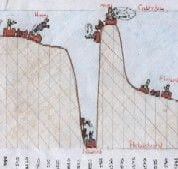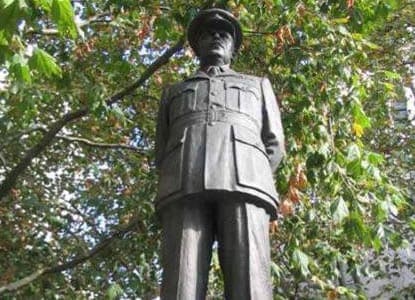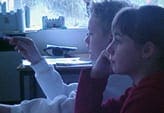
In recent years there has been a much stronger emphasis in lesson observations on how well particular groups of pupils achieve. Also, with the sharper focus on reporting what makes teaching effective in improving learning, it will be necessary for inspectors to record in evidence forms where aspects of teaching clearly have an impact on learning, whether positive or not.
For literacy, this will be easiest where there are readily identifiable actions which affect the progress of pupils. However, the real skill of observation may be in identifying where opportunities are missed in teachers’ planning or in their teaching. Here is the checklist you need when monitoring history’s contribution to literacy in your own department.
There is not a history department in the land that has not already changed its practice to ensure that it makes a more significant contribution to developing literacy. Walls across the nation’s history classrooms are

